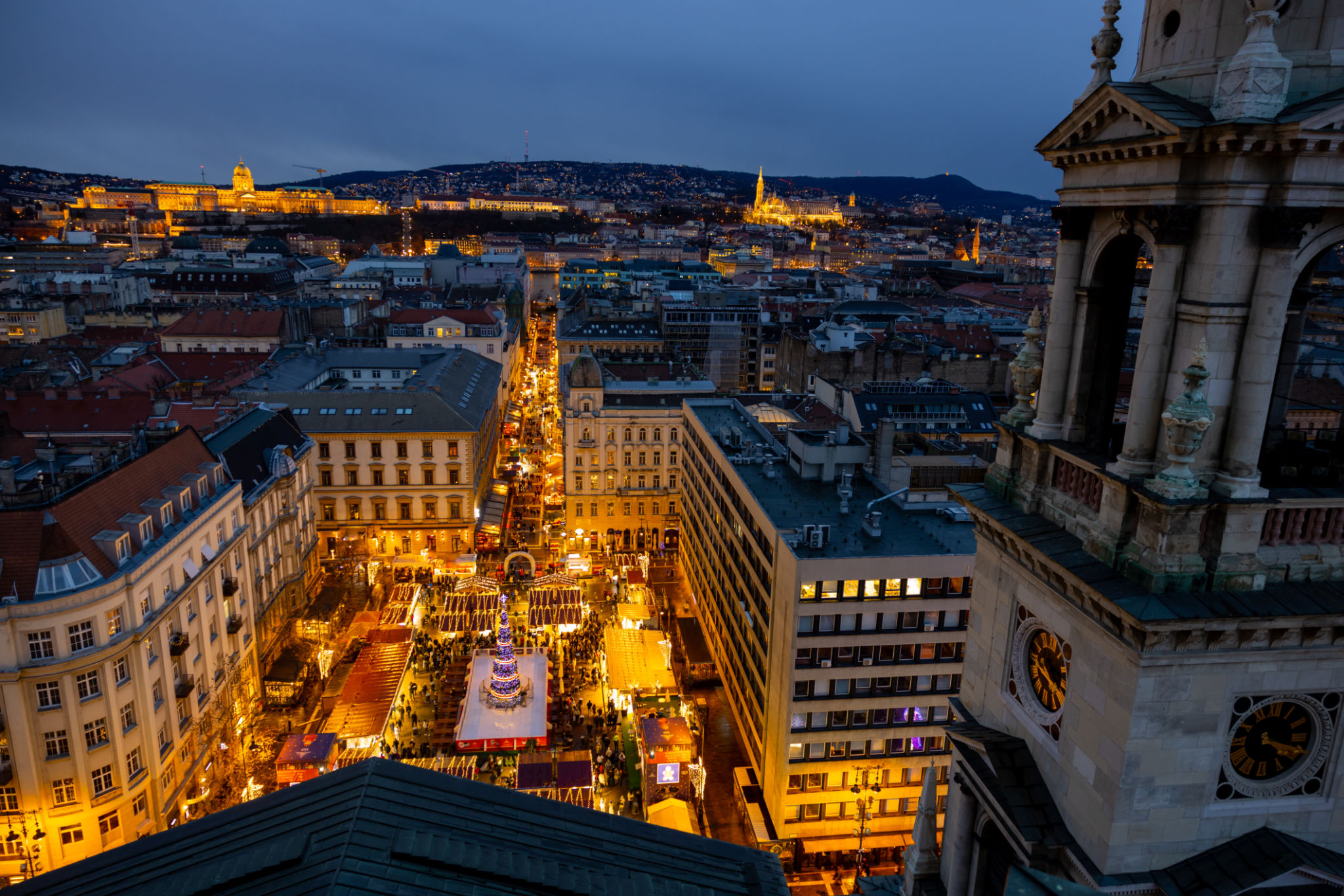The Impact of Local Culture on Marketing Strategies in Hungary
Understanding the Hungarian Market
Marketing in Hungary presents unique challenges and opportunities, largely influenced by the local culture and historical context. To effectively reach Hungarian consumers, businesses must develop strategies that resonate with their values and traditions. Understanding these cultural nuances is crucial for any brand looking to make a significant impact in this market.
The Hungarian market is characterized by a strong sense of national pride and a deep appreciation for tradition. This cultural backdrop shapes consumer behavior and preferences, making it essential for marketers to tailor their campaigns to align with these values. Emphasizing local heritage and incorporating traditional elements can enhance brand authenticity and foster a deeper connection with the audience.

The Role of Language and Communication
Language plays a vital role in connecting with Hungarian consumers. While English is widely spoken, especially among younger generations, using the Hungarian language in marketing materials can significantly increase engagement and trust. Businesses should consider localizing their content to ensure clear and effective communication.
Beyond language, communication styles in Hungary tend to be more formal compared to Western cultures. This formality extends to marketing strategies, where direct and respectful messaging is often more successful. Brands that understand and respect these communication preferences are more likely to build lasting relationships with their audience.
Cultural Festivals and Traditions
Hungary is rich in cultural festivals and traditions, which offer excellent opportunities for marketers to engage with local audiences. Participating in or sponsoring local events like the Budapest Wine Festival or the Busójárás carnival can enhance brand visibility and show a commitment to local culture. Aligning campaigns with these events can also help brands tap into the festive spirit and reach a broader audience.

Moreover, seasonal events such as Christmas and Easter are celebrated with much enthusiasm in Hungary. Marketers can leverage these occasions by creating campaigns that reflect the local customs and incorporate traditional symbols. This not only boosts consumer engagement but also fosters a sense of community around the brand.
Adapting to Consumer Preferences
The Hungarian consumer is becoming increasingly discerning, with a growing preference for quality and authenticity over mass-produced goods. This trend is particularly evident in the food and beverage sector, where locally sourced and organic products are gaining popularity. Marketers should emphasize quality and sustainability in their offerings to appeal to this shift in consumer preferences.
Additionally, digital marketing has gained significant traction in Hungary, with social media platforms like Facebook and Instagram playing a crucial role in consumer decision-making. Brands looking to capture the Hungarian market must have a strong online presence and utilize digital channels effectively to reach their target audience.

Conclusion: Embracing Local Culture
In conclusion, understanding and embracing local culture is key to developing successful marketing strategies in Hungary. By aligning campaigns with cultural values, traditions, and consumer preferences, businesses can create meaningful connections with their audience. This cultural alignment not only enhances brand perception but also drives long-term loyalty and growth.
As the Hungarian market continues to evolve, marketers must remain adaptable and open to new trends while staying rooted in cultural understanding. By doing so, they can navigate the complexities of this vibrant market and achieve enduring success.
